There is an ongoing debate among parents, healthcare professionals, and researchers about the benefits and risks of co-sleeping and bed-sharing.
Many families choose to co-sleep or share a bed with their baby as a way to foster attachment and bonding, providing comfort for both baby and parent and even facilitating breastfeeding at night. However, there are also concerns and potential risks associated with these practices.
So let’s dig into both sides of the debate and explore the benefits and drawbacks of co-sleeping and bed-sharing.
First, Define the Terms: Co-Sleeping vs Bed Sharing
Co-sleeping refers to sleeping near the child, which can include room-sharing, such as having the child’s crib or bassinet in the same room. Bed sharing, on the other hand, specifically refers to parents and their child sleeping in the same bed together.
Some parents find these practices to be more beneficial and convenient, others argue that they may pose potential dangers and can cause sleep disturbances.
The Debate: Co-Sleeping and Bed Sharing
Some argue that these practices allow for better parent-child bonding and can make breastfeeding easier. Today’s Parent highlights the experience of one mother who found that her child seemed more relaxed and content when they slept next to her. Others believe it promotes a sense of security and allows parents and children to rest better.
However, there are also safety concerns and potential risks associated with bed-sharing. Nemours KidsHealth outlines the risk of suffocation or unintentional injury from parents rolling over on the child during the night. Additionally, some studies have linked bed-sharing to an increased risk of Sudden Infant Death Syndrome (SIDS).
Historical and Cultural Context
Co-sleeping and bed sharing have a rich history and are deeply rooted in various cultures across the globe.
In many traditional societies, co-sleeping was considered the norm due to limited living space and the belief that it promotes parent-child bonding. In most Western cultures, separate sleeping arrangements are seen as a way to encourage independence in children and help parents get a restful night’s sleep.
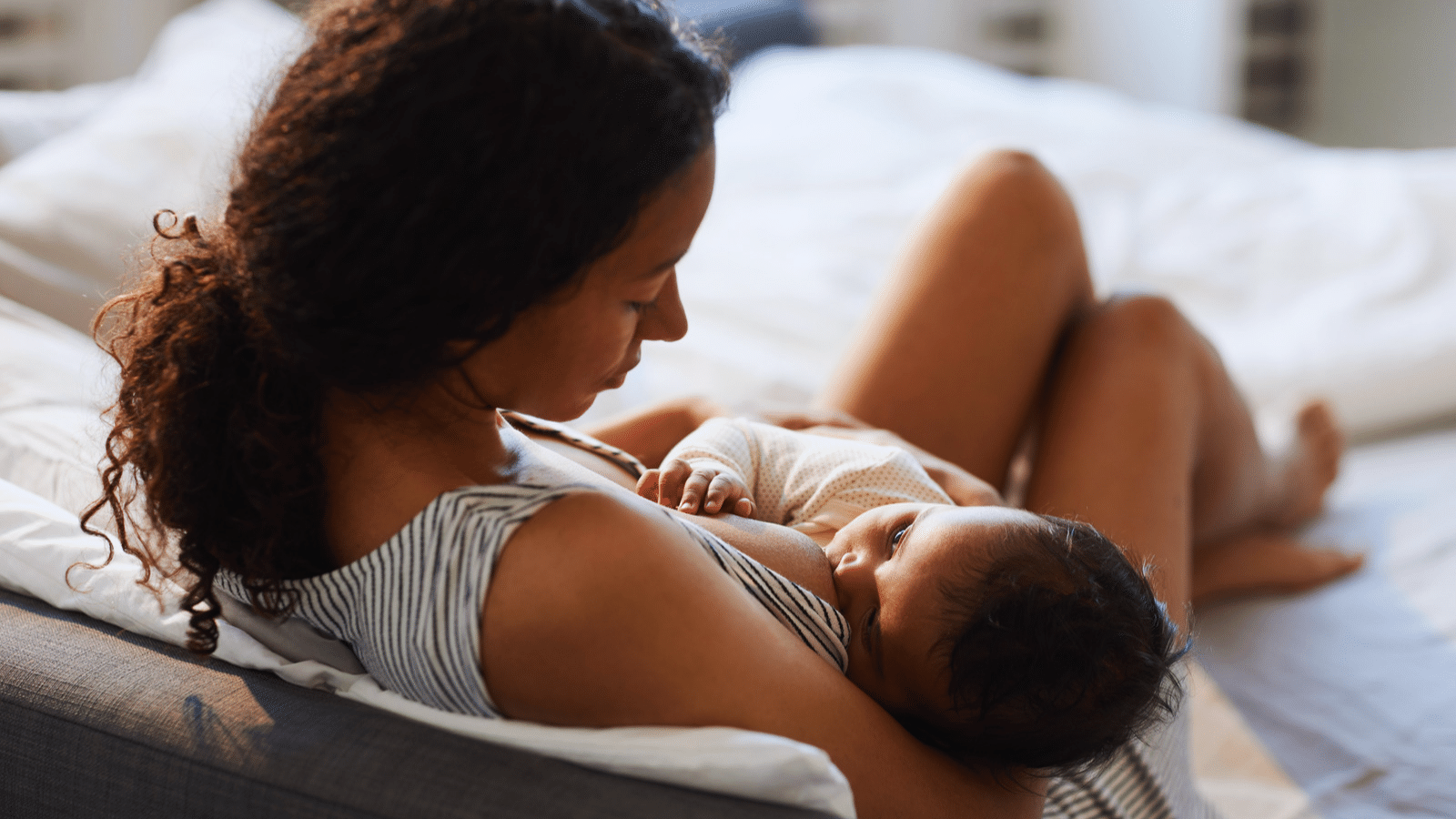
Breastfeeding Ease and Support
When parents share a bed with their baby, it often becomes easier to breastfeed during the night. This is because the mother can quickly respond to the baby’s hunger cues and feed them without having to get up and move to another room or location.
ALSO: What is a Postpartum Doula and Should You Get One?
The extra level of convenience can lead to more successful and prolonged breastfeeding relationships, as noted by Nemours KidsHealth.
Infant Bonding and Emotional Development
Co-sleeping and bed sharing can have a positive impact on the emotional connection between parents and their baby. This closeness may also help the infant feel safe and secure, aiding in their emotional development.
Being in close proximity throughout the night allows for increased physical touch and interaction, which has been proven to strengthen bonding.
SIDS and Safety Hazards
One significant concern with co-sleeping and bed sharing is the increased risk of Sudden Infant Death Syndrome (SIDS) for babies, especially those younger than six months. According to What to Expect, bed-sharing is one of the most common causes of death in babies due to the adult bed not being set up with infant safety in mind.
The Cleveland Clinic states that the risk of sleep-related infant death while bed-sharing is five to 10 times higher during the early stages of life.
Co-sleeping can be safer when parents take steps to create the optimal sleep environment for their infant.
The American Academy of Pediatrics (AAP) recommends room-sharing with your baby, ideally in their own crib or bassinet, as it can reduce the risk of SIDS. Bed-sharing, on the other hand, is not recommended for infants under 4 months of age, prematurely born babies, or those with low birth weight, as these factors increase the risk of SIDS.
The AAP recommends room-sharing until the baby is at least 6 months old.
Bed Sharing: Your Bed Set-Up
When setting up the bed for co-sleeping or bed-sharing, parents should follow certain guidelines to keep their baby safe.
These include:
- Use a firm mattress that fits snugly within the bed frame.
- Keep pillows and heavy blankets away from the baby’s sleep area.
- Avoid placing the baby between the parents, as there is a risk of rolling over or covering the baby during sleep.
- Do not use sleep positioners or wedges, as they can cause the baby to roll into unsafe positions.
- Ensure there are no gaps between the bed and the wall, as babies can become trapped and suffocate.
Room Sharing: The Perfect Compromise?
Room sharing is an excellent alternative to bed sharing, as it allows parents to keep their baby close without sharing the same sleeping surface. The American Academy of Pediatrics (AAP) recommends having the baby sleep in a crib, bassinet, or play yard within the same room as the parents for the first six months, ideally extending to the first year. This arrangement ensures that the baby is easily accessible for feedings and comforting without the risks associated with co-sleeping and bed sharing.
Sidecar Cribs
Another option for parents who want to minimize the risks of bed sharing is using a sidecar crib. Sidecar cribs are designed to attach securely to the side of the parents’ bed, creating a separate sleep space for the baby while keeping them within arm’s reach. This setup allows for easier caregiving, nighttime feedings, and bonding, without the baby occupying the same sleeping surface as their parents.
Bedside Sleepers
Bedside sleepers are similar to sidecar cribs, but they have a more open design. They provide a separate sleep area for the baby while being easily accessible from the parents’ bed. Bedside sleepers can be height-adjustable, allowing them to align with the parents’ bed seamlessly. This option promotes a sense of closeness between parents and baby, while maintaining the safety of separate sleeping surfaces.
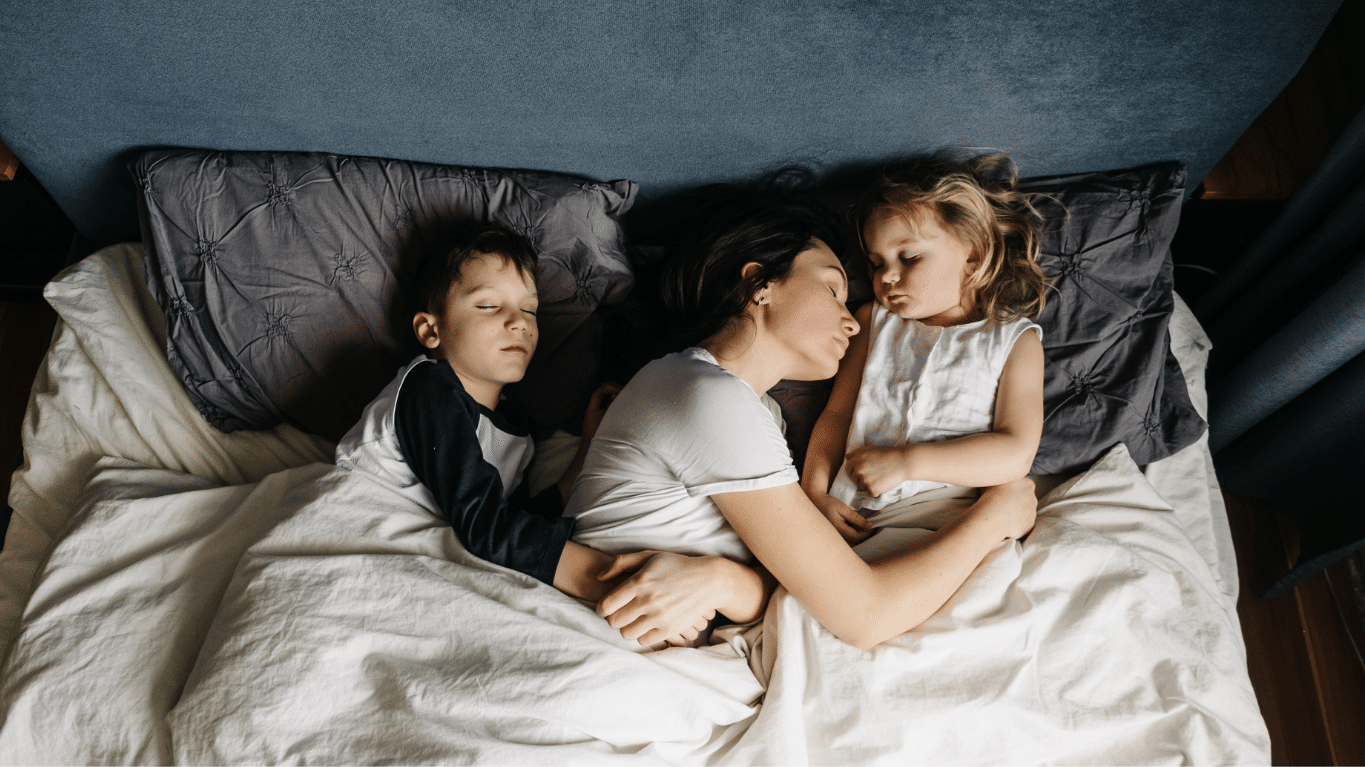
Consider Your Lifestyle
Parents should also consider their own health and lifestyle when determining whether or not to co-sleep or bed-share. Parents who smoke, consume alcohol, or use drugs that may impair their awareness during sleep should ABSOLUTELY avoid bed-sharing with their infants.
When it comes to bed-sharing, it is crucial to ensure the sleeping surface is firm and free of soft bedding, pillows, and stuffed animals which can pose suffocation hazards.
Impact on Intimacy and Relationships
Another potential concern when co-sleeping is the impact it may have on a couple’s intimacy and relationship. Having a baby in the bed can limit the opportunities for physical closeness and uninterrupted sleep, which are important factors for maintaining a healthy relationship.
Additionally, co-sleeping and bed sharing may present challenges for a child’s sleep independence. As children grow, they may become dependent on having their parents nearby for comfort and security, making it more difficult to transition to their own beds.
How to Age Out of Bed (or Room) Sharing
While it’s natural for co-sleeping and bed sharing to come to an end as children grow, it’s essential to approach the transition with patience and understanding. Make the transition from bed sharing to independent sleeping a gradual one.
18 months to 4 years: It’s essential to explain the coming changes in their sleep routine to your little ones. Be fair and understanding of their feelings, and gently introduce the idea of sleeping alone in their room. Gradually establish a consistent bedtime routine that promotes solo sleeping, such as reading a book or dimming the lights.
5 years and older: By this age, children are often more comfortable with the idea of independence. Encourage them to personalize their bedroom and make it a space they enjoy being in. Gradually withdraw your presence during bedtime, perhaps by sitting in a chair near the door or standing in the hallway. Offer praise and rewards for successful nights of solo sleeping.


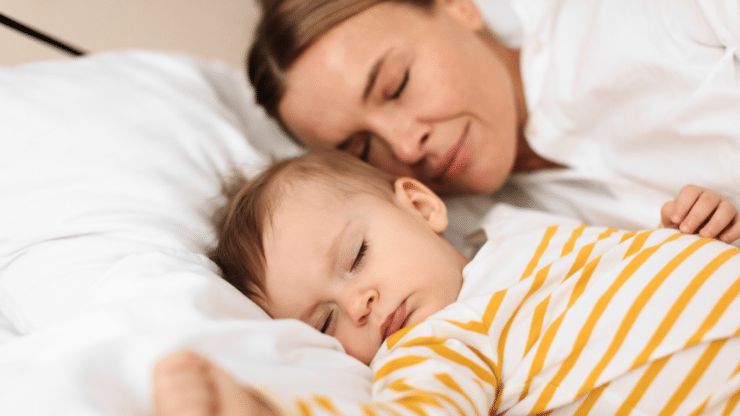



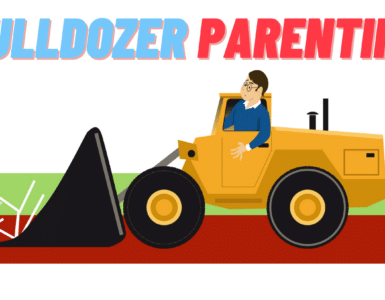

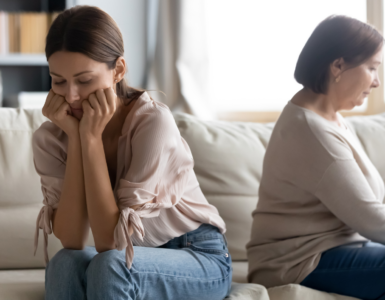

Add comment